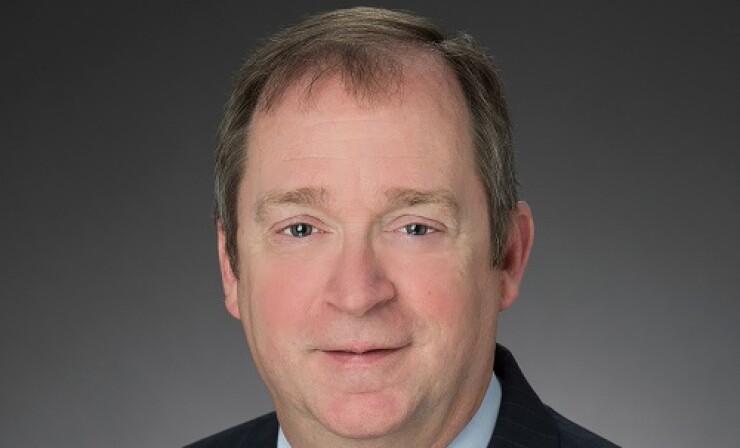
Moving to North Carolina from Pennsylvania in the bleak month of January would be worth it for the weather alone for most people, and Steven Franke, program manager at Allegacy Federal Credit Union, is the first to say so.
Franke was ranked as our No. 1 program manager in 2008, the first year of our list, when he was at Pennsylvania Employees Credit Union. But after many years in the Keystone State, he landed a job at Winston-Salem-based Allegacy at the start of 2014, partly for the chance to oversee a single investment program—a significant change from the 13 or so different programs he was managing in Pennsylvania toward the end of his tenure there, he says.
Soon after Franke joined Allegacy, the program hit the $1 billion mark in assets under management; no mean feat for a credit union, he says.
“We have two advisors here who are [CUSO] Hall of Famers,” he says. CUSO is also the TPM for Pennsylvania Employees Credit Union.
Allegacy began as a credit union for tobacco company R.J. Reynolds but over the years, it broadened out to reach the community at large, and this has enabled the creation of several tailored programs on the investment side. The firm has entailed working with local hospitals and medical providers, for example, to develop innovative programs in the healthcare area that couple members’ financial health to their overall well-being, Franke says.
“We’re working to extend the definition of wellness to the financial side of things,” he says, “because not having financial wellness causes an enormous amount of stress, so we have our advisors working with executive programs on the wellness side.”
To this end, Allegacy has come up with tools like a proprietary calculator that quantifies what a person’s savings would look like in retirement if they do not have to spend on treating “somewhat controllable illnesses” like diabetes, thereby making a strong case for the link between life long financial planning and good health, Franke says.
Franke sits on the executive management team, which allows him direct access to manangement and, consequently, gives him the opportunity to be more closely involved with the credit union overall and its efforts in areas outside of the investment program.
That includes working as a consultant of sorts to other credit unions that are looking to develop plans and expand their programs, since “credit unions are collaborative in nature,” he says.
Allegacy currently employs nine financial advisors and Franke plans to double that number over the next five years. Like any other financial planning program in the country, though, Allegacy has to deal with the issue of an aging advisory population, combined with the challenges of recruiting, training and retaining a younger set of advisors.
“We’re still dealing with the baby boomers, but the millennials are coming out on the advisor side,” he says. “There are a lot of high quality younger advisors but they don’t necessarily have the right experience, so one of the things we are doing here is building a career path that can bring people in when they’re younger and also have them move forward, so by the time we have them facing a member, they are already quite experienced.”
Allegacy is also keen to increase the number of female advisors on its force, Franke says, and is making a serious commitment toward that end.
Read more:





